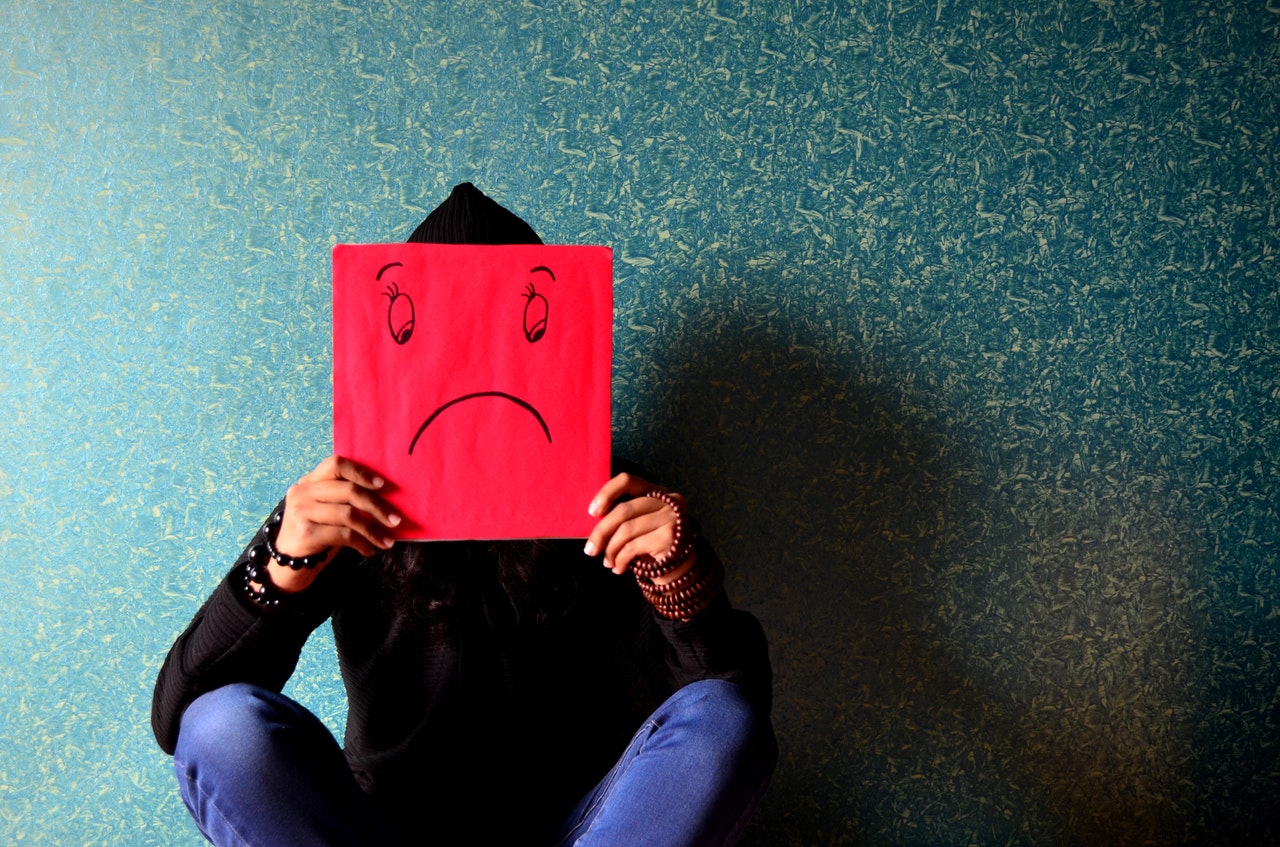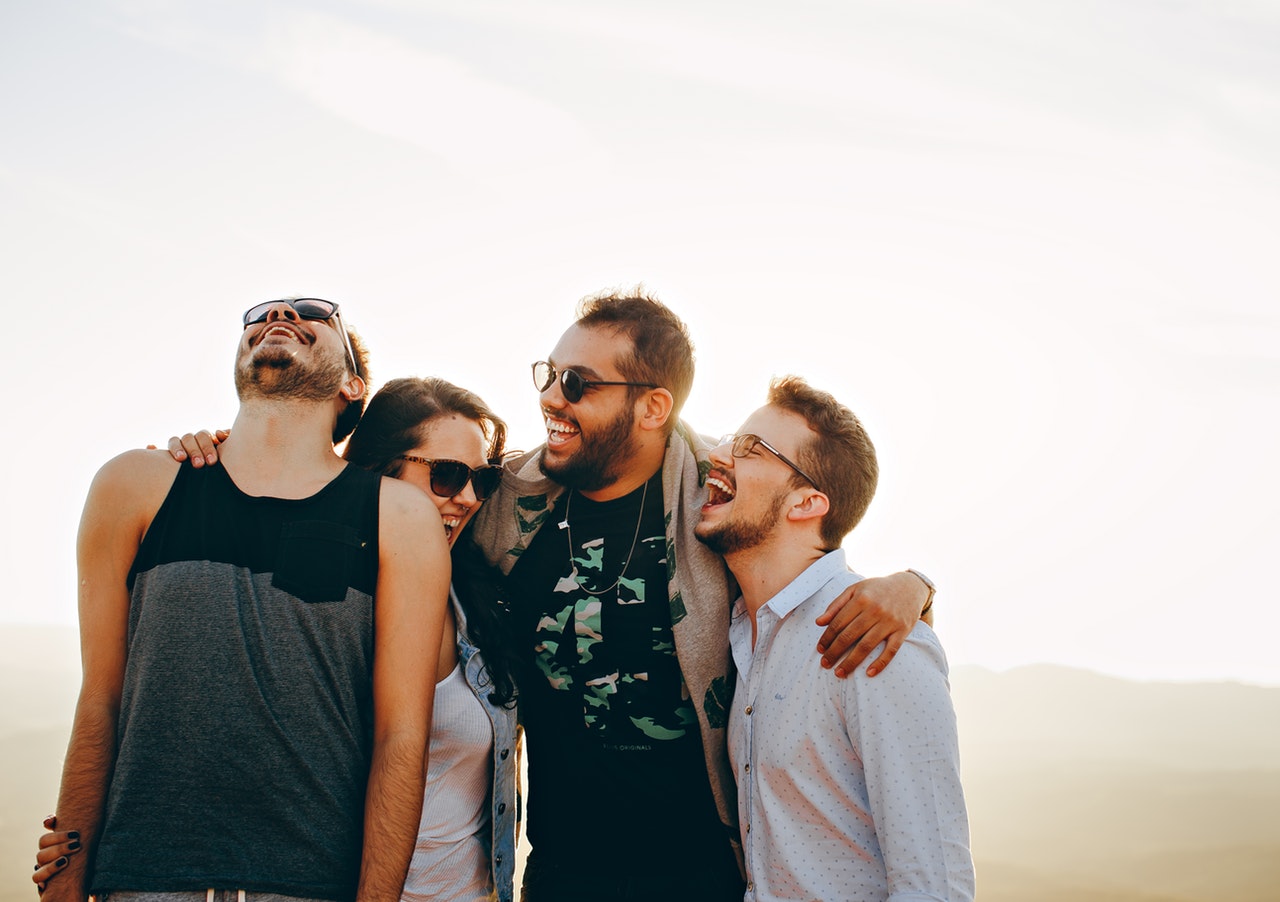
Four Sneaky Signs of Depression
4 sneaky signs of depression you might be overlooking Depression is a very common mental health issue. At any given time, estimates are that 5-6% of adults in the US have Depression or are in a Depressive Episode (which is a period of time that someone experiences Depression). The traditional and most obvious signs of depression are pretty well known, and those include: Feeling sad most of the day Crying spells Feeling ‘down’ and hopeless Suicidal thoughts (sometimes, some people do not experience this in Depression) But there are some other signs of Depression that are easy to miss, and may fly under-the-radar. Feeling ‘Slowed Down’ both Physically and Mentally A feeling of being ‘slowed down’ is really common for people experiencing Depression. Clients often say that they feel like are moving in slow motion, or feel like they are stuck in quicksand. It’s not only physical, but mental too. When you’re in a period of Depression, it feels like your brain is also slowed down. It’s common to feel not as ‘sharp’ as usual, or have difficulty remembering things. In cases of severe Depression, others might notice that ever your speech is a little slowed down. Sometimes it’s referred to as “brain fog” or people feel that they are perpetually in a haze. The good news is that, as Depression is treated, these symptoms go away and you begin to think and feel more like your normal self. Sleeping Too Much Sleep in great, and often we don’t get enough of it. But when in a Depressive episode, one sneaky sign is sleeping too much. This means sleeping much more than you usually would. If you notice yourself sleeping more, or taking naps when you never did before, it could be a sign of Depression. If you’re not sure whether your sleep is a sign of Depression, here are some helpful things to do: Keep a Sleep Log so you can notice trends in your sleep Evaluate your diet to make sure you are eating enough and eating well to give yourself energy; tiredness could be due to a poor diet Keep an alarm and get out of bed at the same time each day, to get your body into a healthy sleeping rhythm Consider cutting out alcohol for a few weeks to see if your sleep improves; alcohol can cause sleepiness and disrupt natural sleep patterns. If you do all these things and still are over-sleeping, get an evaluation by a therapist for Depression. Not Enjoying Things Anymore A very common sign of depression that is sometimes hard detect is call anhedonia. That’s the clinical term for losing interest and pleasure in every day activities. It’s a kind of grayness that settles over your whole life. Things you used to enjoy like your favorite foods, spending time with friends, activities and hobbies, even sex, just seem kind of ‘blah.’ You feel like you would take it or leave it. Researchers believe that a Depressed brain is not responding in the normal way to pleasurable stimuli. It’s a terrible feeling, to be in your life and simply not enjoying anything. The insidious thing about anhedonia is that is creates a vicious cycle in the Depressed person. Since you aren’t’ enjoying these things, you’re less likely to do them (which makes sense). But a result is that people in the grips of Depression begin to retreat from the world and from their lives. They lose friendships and lose touch with activities and hobbies that they used to care about. You get farther and farther from ‘who I am’ and Depression can become a kind of identity. This symptom does vastly improve with Depression treatment, and people re-enter their lives and do things again. But this sign is often overlooked. If you’re finding yourself feeling very ‘blah’ about your life, be curious about that and talk to a therapist about these feelings. Poor Attention Span Similar to the ‘slowed down’ feeling in your brain with depression, another cognitive effect is having a poor attention span. Depression affects the parts of your brain that control what’s called ‘executive functions.’ The executive functions of the brain are things like organizing information, prioritizing tasks, creating an order for doing things, and paying attention to important stimuli. For reasons that researchers don’t quite understand, these executive functions take a big hit during a Depressive episode. The one that’s easiest to ‘see’ on the outside is attention. We can all get distracted, and we live in an environment where is it very hard to concentrate. But if Depression is present, you may notice your attention space take a dive. It’s harder to complete tasks at work, or watch a movie, or even have a conversation without getting distracted or losing the thread of the plot or the conversation. If any of these sneaky Depression signs are creeping up on you, pay attention and check in with yourself. You may want to get an evaluate for clinical Depression. Depression is very treatable, and the sooner you catch it the easier it is to get back to being yourself. Contact Us anytime for a free consultation.


